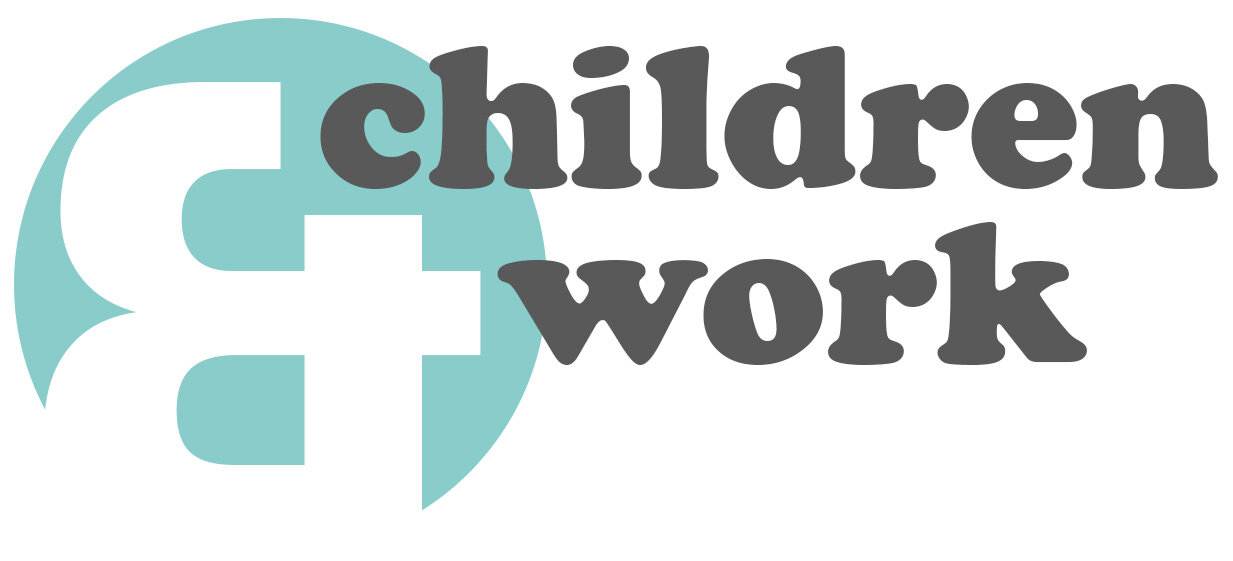Holistic Support for Working Children
Flor began participating in MANTHOC, the oldest organization in the Peruvian movement of working children, when she was nine years old. Along with her older sister and younger brother, she spends several hours a day at MANTHOC’s center in Yerbateros. Each day a couple dozen kids pay a few Soles (less than a dollar) for a nutritious home-cooked lunch, get help from volunteer tutors on their homework, socialize and play with their friends, and participate in workshops on topics ranging from nutrition to children’s rights. On Saturdays, they all gather at the center for assemblies to discuss larger concerns and to make collective decisions for the organization and its programs. Flor also works at her grandmother’s market stall across the street, and spends some of her time at MANTHOC making greeting cards that she and others can sell.
MANTHOC’s Yerbateros center is one of a handful such centers around the country where working children not only self-organize and participate in building a social movement for their rights, but also receive holistic and integrated support from caring adults. These volunteer adult colaboradores provide a great deal of individual attention for working kids, giving them advice or support as they deal with family conflict, relationships with friends, peers, or romantic interests, problems at school, or issues with their workplaces. Their support, guidance, and care helps kids to deal with stress, anxiety, violence, depression, and other personal struggles. MANTHOC also provides workshops for parents of the involved children on topics like positive discipline, communication styles, and gender bias in families. By working with both children and parents, the organization improves family dynamics and helps kids and parents understand one another in order to work together to further the children’s best interests.
Flor and her peers in MANTHOC develop skills, knowledge, and confidence for defending their rights and advocating for themselves in their families, schools, workplaces, and communities. They are very familiar with both the UN Convention on the Rights of the Child as well as the Peruvian law on children and adolescents. They have frequent group discussions about their rights, about the difference between dignified work and work that is dangerous or exploitative, and are genuinely empowered by these conversations. Flor appreciates the work she does with her grandmother and knows that she has a right to be treated with respect as a worker. Luis, a fourteen-year-old boy, directly used the knowledge of his rights gained at MANTHOC to ask for more breaks and lighter loads at his job carrying boxes in the nearby fruit market.
MANTHOC’s support for working children is provided in a context that seeks to protect children from exploitation and harm, rather than prevent them from working. This allows kids in the organization to bring workplace problems to the group, asking their peers and the adult colaboradores for guidance and support in addressing these issues. It also helps them to identify where and when they feel like they are being treated fairly and what to do when they are not.
Although there is no systematic or longitudinal data on how participation in these programs impacts working children’s adult lives and their long-term economic and personal well-being, the anecdotal evidence is very positive. One of the most recent visible success stories is that of Tania Pariona, a young indigenous woman who was a participant in a similar and related organization and was recently elected to Peru’s national legislature. Numerous other former working children who were part of MANTHOC are now social workers, teachers, lawyers, sociologists, or have other professional careers. There is a clear indication of a trend toward upward mobility and ongoing community engagement and leadership for at least a sizable number of former child workers who were actively involved in the organization. In contrast to claims that child labor inevitably leads to low human capital and ongoing individual and national poverty, these examples indicate that working children, with some support and encouragement, can grow up to become highly successful individuals who contribute economically and politically to their communities and to the nation.
Policy Challenges
Minimum age regulations can prevent national and local governments from offering governmental funding to programs that provide support to working children as this may be seen as accepting or tolerating child labor.
Policy Recommendations
Instead of only directing funding and resources into the policing of child labor, governments could support the development and expansion of programs that provide working children with holistic and integrated support for their education, mental and physical health, and overall individual well-being. Participating in an organization in which they learn to advocate for themselves and actualize their rights helps working children to grow and thrive.
Sources
This example was written by Jessica K. Taft and is based on extensive ethnographic field research and interviews with organized working children and their adult supporters in Lima, Peru. For more on MANTHOC’s programs and history, see the organizational website here.



